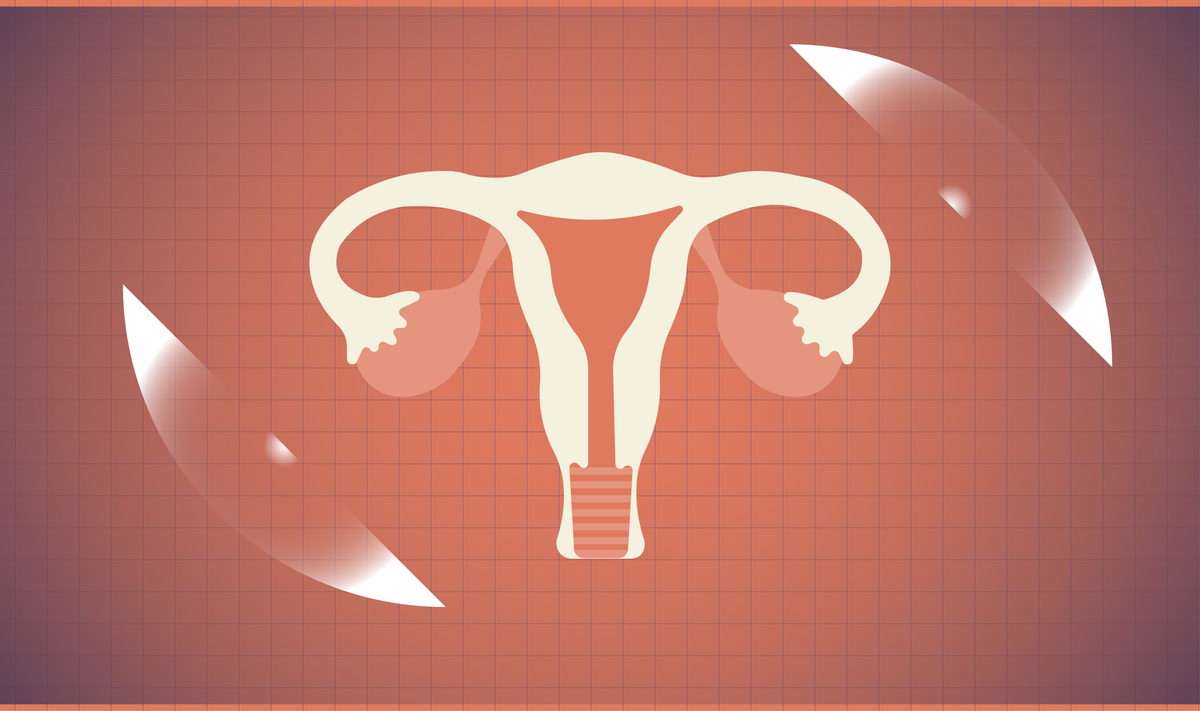Posts debate Georgia woman’s arrest after miscarriage
Plus, a new study revealed a racial gap in those stockpiling abortion pills.

Plus, a new study revealed a racial gap in those stockpiling abortion pills.
This week, a controversial case has continued to cause concern about the impact of abortion laws in Georgia. On March 21, a woman was arrested and charged after she allegedly disposed of the remains of a 19-week miscarriage in a dumpster. Local news reports launched an online debate about the impact of the state’s “heartbeat law,” which grants personhood to fetuses. Meanwhile, a new study found a rise in demand for abortion pills by mail for future use, with white people being far more likely to stock up compared to Black and Hispanic people.
In response, communicators may ensure that materials about reproductive health reflect your state’s laws, recirculate legal and financial resources, and explain where people may access abortion pills.

Insights brought to you by the reporters and science writers of Public Good News (PGN), a nonprofit newsroom dedicated to improving community health.
What’s trending nationally in conversations about reproductive health:
Social media users on multiple platforms are discussing the case of a Georgia woman who was arrested and charged with “concealing the death of any other person” and abandonment of a dead body after she allegedly disposed of the remains of a 19-week miscarriage. An autopsy ruled that the fetus was not viable and that the miscarriage occurred naturally. The county district attorney said that “there is no applicable case law on this issue as it is generally deemed a medical condition and prosecution is not warranted.” In response to the case, many social media users discussed reports that the woman was charged under Georgia’s so-called “heartbeat law” that prohibits abortion after six weeks and grants personhood to embryos and fetuses. Some users expressed dismay that abortion restrictions are potentially being used to target people who suffer miscarriages and questioned what people are supposed to do after a miscarriage. One post accused the woman of causing her miscarriage and trying to hide the evidence, while others argued that the case had nothing to do with the heartbeat law.
A study published on March 20 in the Journal of the American College of Obstetricians and Gynecologists found a surge in demand for abortion pills by mail between 2021 and 2023, with over 70 percent of participants citing concern about future abortion restrictions as their reason for stockpiling. However, the results revealed stark racial disparities in which populations obtained abortion pills in advance, as 72 percent of people who ordered pills for future use were white, while 2.4 percent were Black, and 5.3 percent were Hispanic. Additionally, less than 40 percent of those ordering the medication in advance lived in areas with high poverty and low access to health resources. Axios reported on the study, but it has received little engagement on social media.

Recommendations brought to you by the health communication experts behind Infodemiology.com.
Recommendations for public health professionals
Each week, the Infodemiology.com team will provide messaging recommendations in response to some of the trending narratives outlined above. These helpful tips can be used when creating content, updating web and FAQ pages, and developing strategy for messaging about reproductive health.
Ongoing conversations about abortion legislation provide an opportunity to ensure that all materials covering your state’s abortion laws are up to date. Currently, this is most relevant to communicators in Georgia. Communicators may wish to share resources such as the Repro Legal Helpline and the Abortion Defense Network, which provide free, confidential legal services for people seeking abortions and other forms of reproductive health care. Informational materials may include resources about recovery after pregnancy loss and when to contact a health care provider.
In light of increasingly restricted access to abortion care at the state level, communicators may wish to share Plan C, which provides information about accessing abortion pills in every state. Communicators in states where abortion is banned or heavily restricted may direct people to the National Network of Abortion Funds, which provides financial assistance to people seeking abortions, including associated costs like travel and lodging for those who have to travel out of state to obtain an abortion. Informational materials may include resources on how to safely use and store abortion pills.
